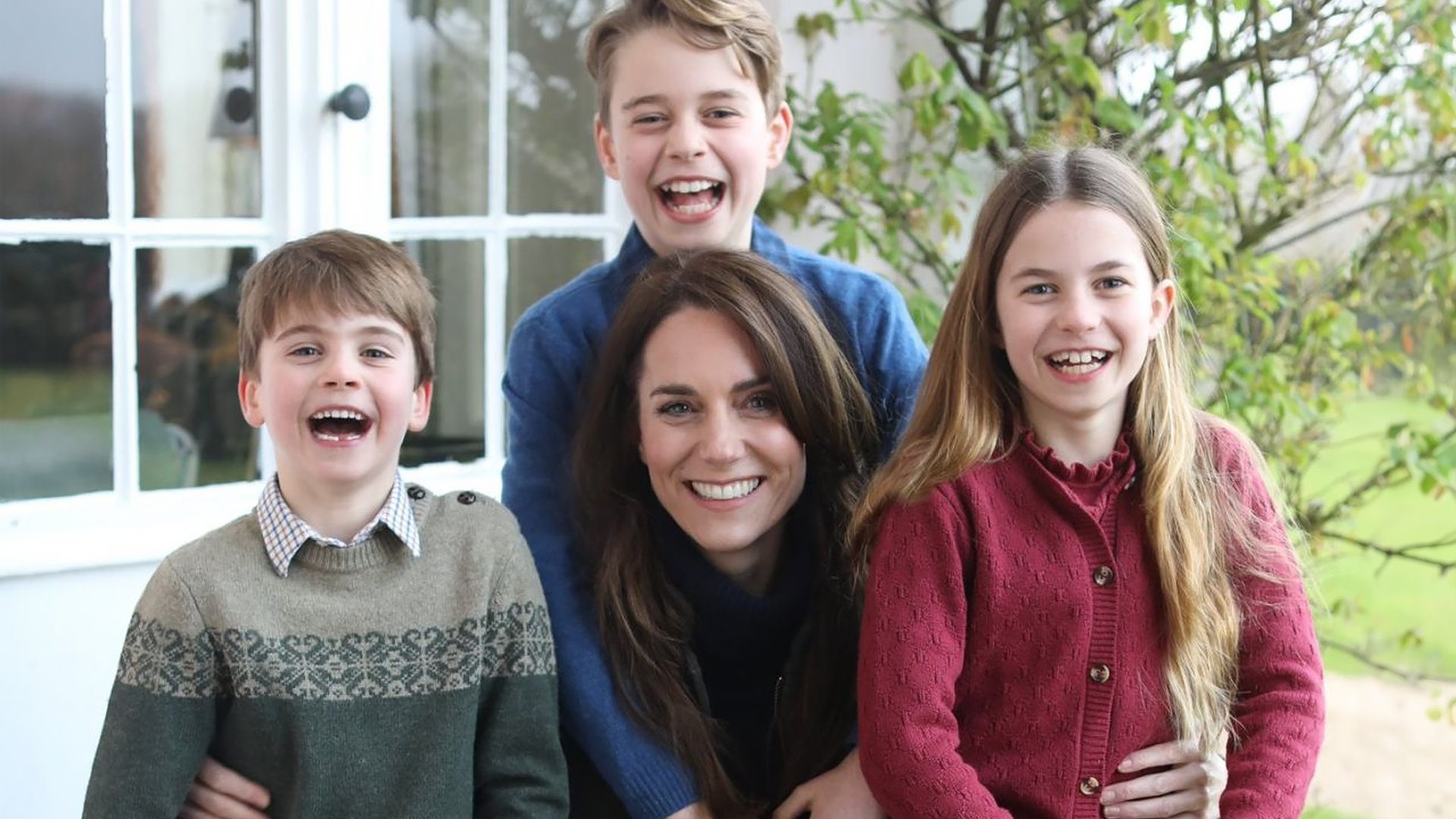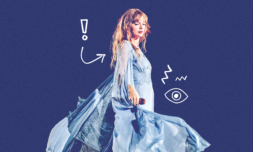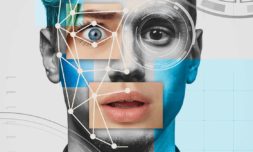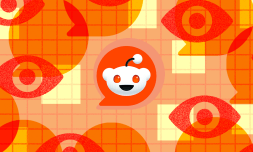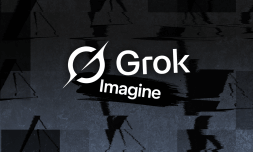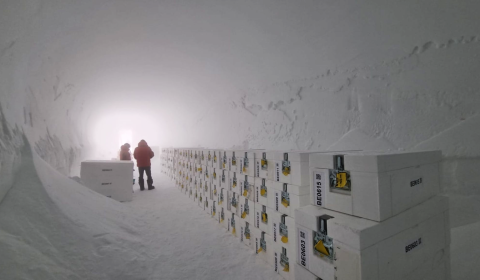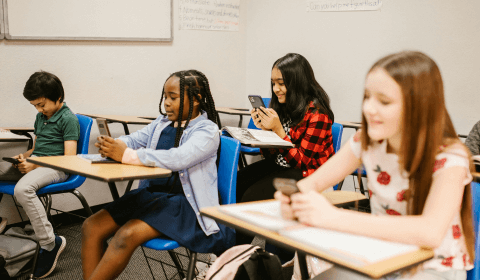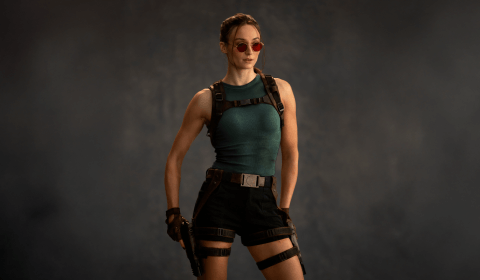As artificial intelligence makes discerning between real and fake imagery increasingly tricky, people are undoubtedly becoming less trusting of media they’re presented with. Can we nip this growing scepticism in the bud?
Society’s threshold for what qualifies as ‘uncanny valley’ in 2024 is becoming more debatable by the month. Public trust, meanwhile, is clearly waning.
Thanks to artificial intelligence and its ability to create unerringly realistic portrayals of real life photo and video, people are distinctly more suspicious of media they’re presented with and whether or not it’s entirely authentic.
If the suggestion that algorithms would create mass confusion and hysteria was previously considered ‘storm in a teacup’, the ongoing case surrounding Catherine Middleton points to the contrary.
If you didn’t know already, the Princess of Wales posted a family photo to Instagram on Mother’s Day. Though it appeared innocuous to the naked eye, folk examined the photo forensically and twigged several examples of supposed digital manipulation.
Given frenzied social media speculation had already been raging about Kate’s lack of public appearances in months leading up to the post – with #WhereisKate trending for days – people quickly jumped to some wild conclusions.
my analysis of the kate middleton photo saga is that they took her face from the vogue cover she did years ago and edited it in pic.twitter.com/JLXts08zp5
— Ruby Naldrett (@rubynaldrett) March 11, 2024
Following reports in December 2023 that Kate had successfully undergone abdominal surgery and was in a period of recovery, unfounded conspiracies spread about the royal’s physical and mental wellbeing. Kate’s uncle Gary Goldsmith was even questioned on the subject last week by Ekin Su in the Celebrity Big Brother house.
I personally overheard a memorable discussion where someone claimed Kate had vanished to receive BBL (Brazilian butt lift) surgery. Answers on a postcard for why that would necessitate editing a portion of her daughter’s sleeve in a family photo.
As part of blanket policies to prevent ‘manipulated media’ from circulating, photo agencies including Reuters, the Associated Press, and Getty quickly withdrew the photo from their respective stock libraries. As you’d imagine, this didn’t exactly quell the conspiracies.
In the days since the post, however, Kate has openly clarified that as an amateur photographer, she attempted to touch-up the family portrait using digital software. No use of AI generation tools can be found either, despite the labours of several deepfake experts.
‘Like many amateur photographers, I do occasionally experiment with editing,’ the princess wrote. ‘I wanted to express my apologies for any confusion the family photograph we shared yesterday caused.’ She was publicly spotted that same Monday (March 11).









